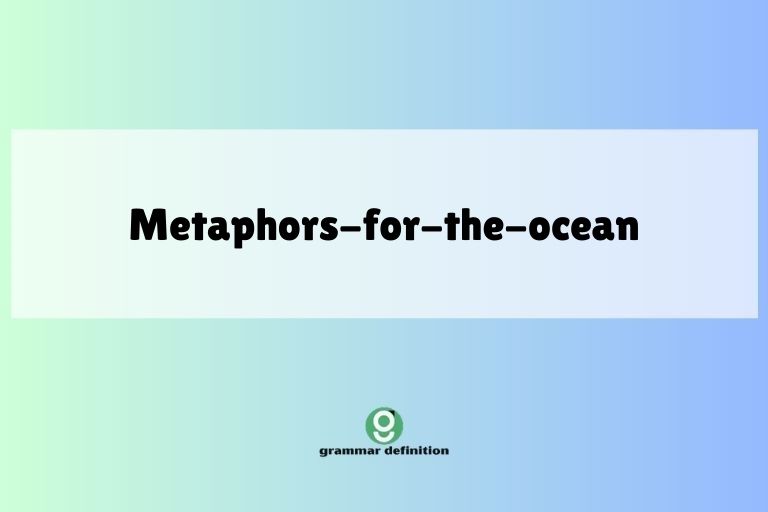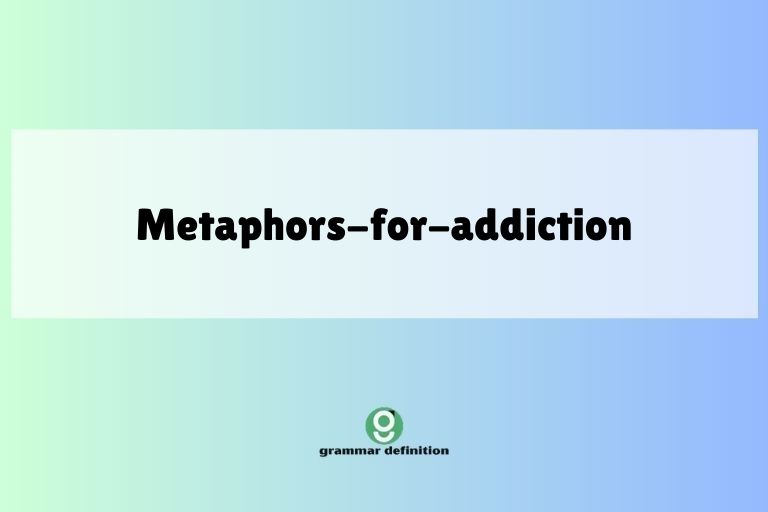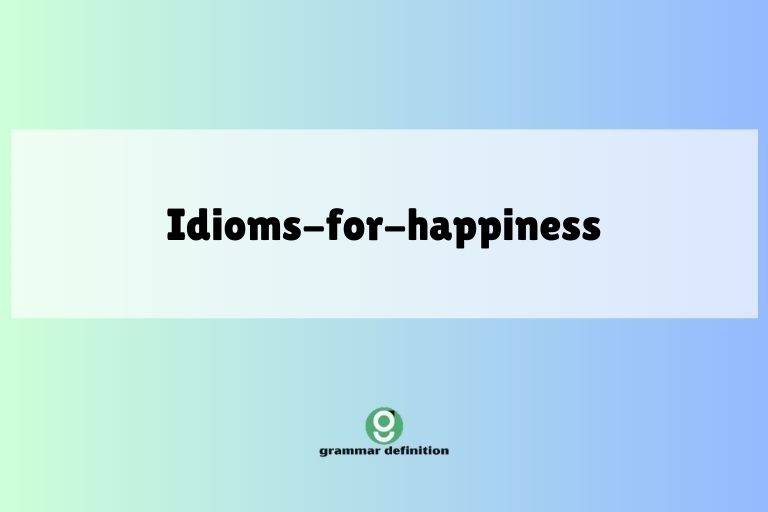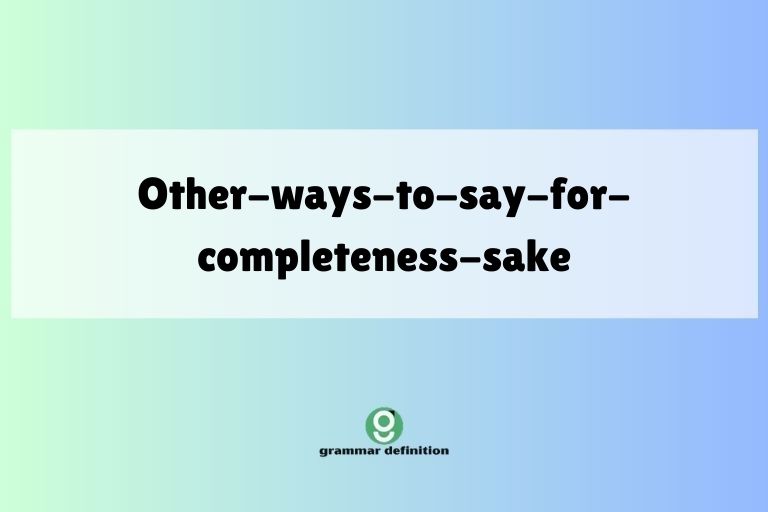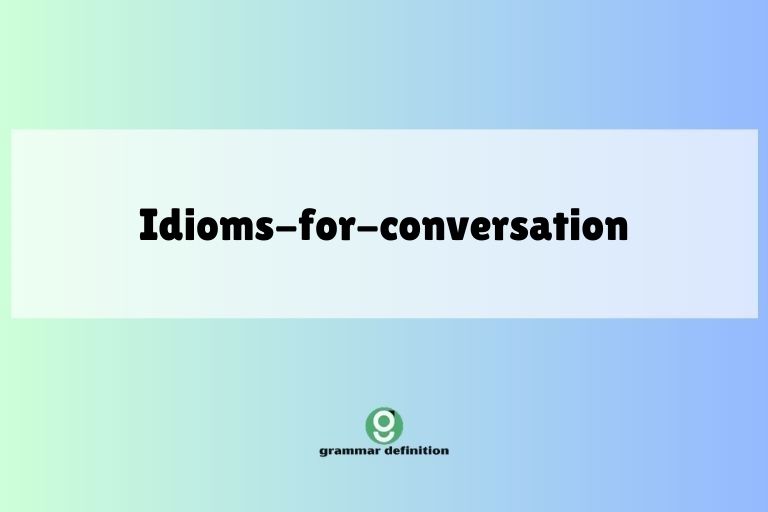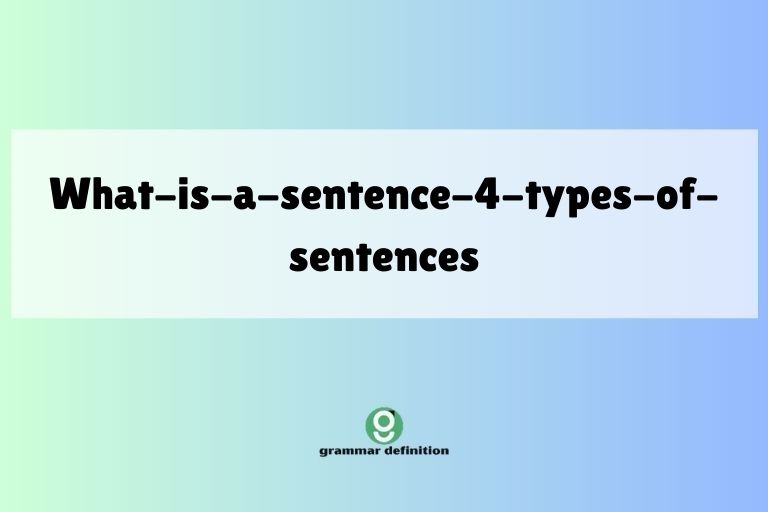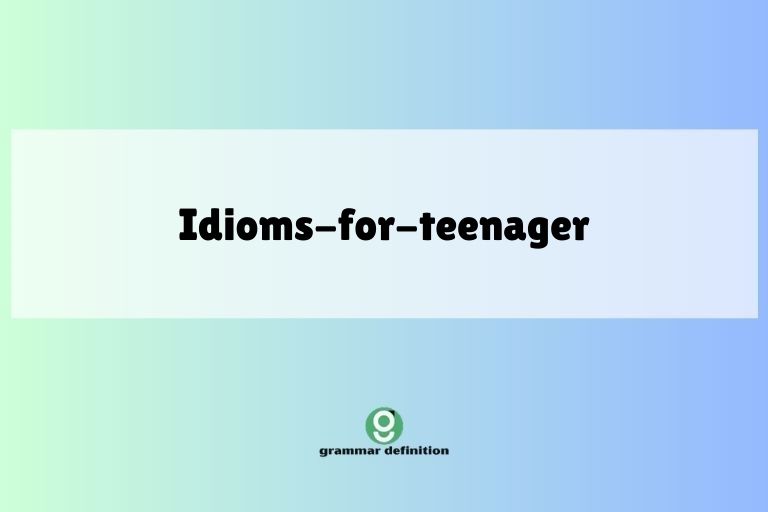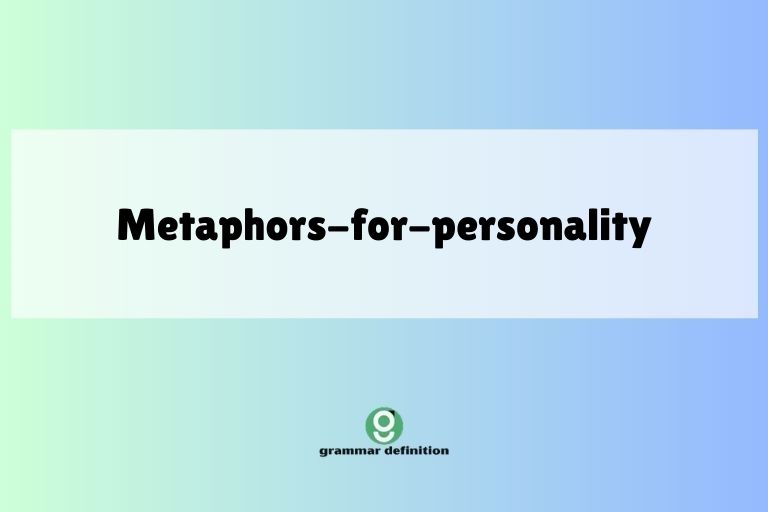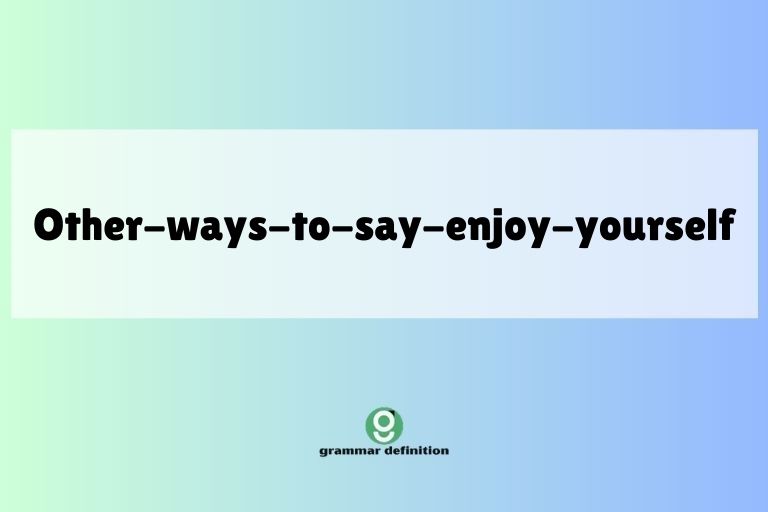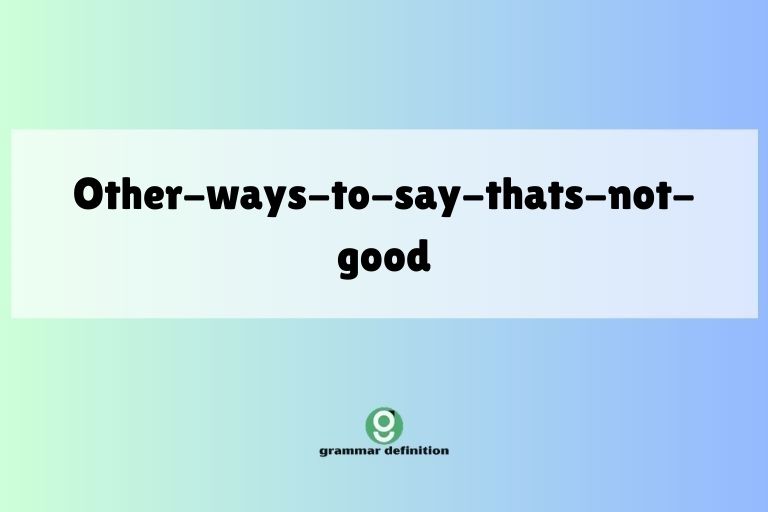Ocean’s Embrace: Mastering Metaphors in English Grammar
Metaphors are the lifeblood of vivid language, allowing us to paint pictures with words and connect seemingly disparate concepts. Understanding metaphors, especially those related to the ocean, enriches both our comprehension and expression. The ocean, with its vastness and mystery, provides a rich source of metaphorical imagery in English. This article delves into the world … Read more

